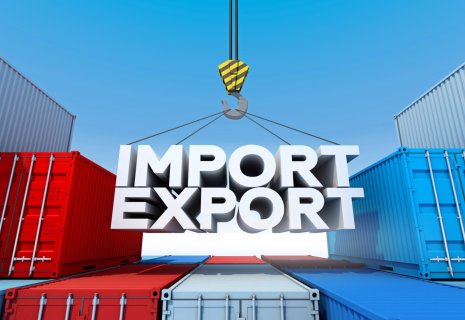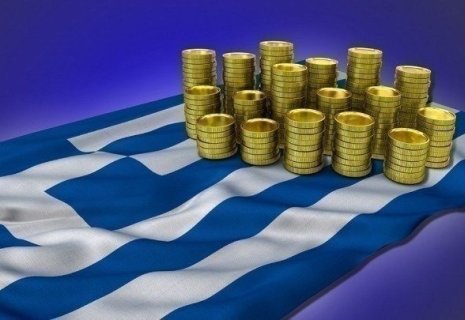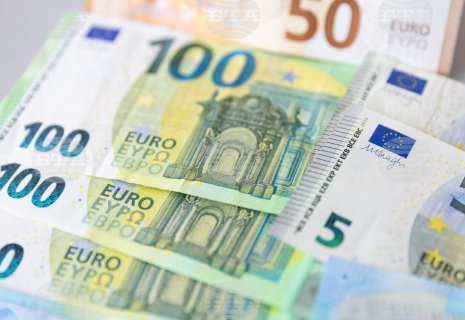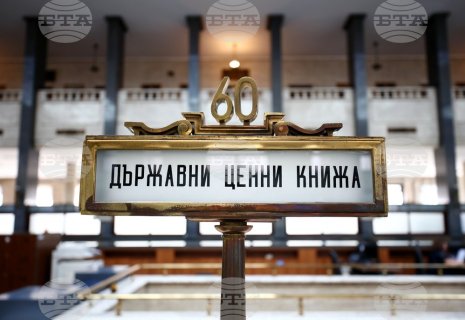
U.S. tariffs a time bomb for Croatia’s export, warns HNB
Croatian National Bank (HNB) Governor Boris Vujčić said that the US tariffs do not have a strong direct effect on the Croatian economy, however, there are a number of indirect effects that need to be taken into account.
The governor expressed the hope that scenarios of a significant slowdown in GDP growth or a sharp rise in inflation will be avoided, CE Report quotes HINA.
When asked about turbulence in financial markets caused by the introduction of President Donald Trump's tariffs and how this would ultimately impact Croatia, Vujčić stated that the imposition of tariffs is not a good thing.
For decades, barriers to the flow of goods and services have been reduced, but now, there has been a strong shift in the opposite direction. All this could lead to slacking economic activity and a slowdown in GDP growth, as well as to rising prices, Vujčić warned.
"A tariff is nothing more than a tax on goods or services that cross a border, which increases their price. I hope that the coming days will result in the softening of such intentions regarding raising tariffs (...) and that we will avoid bad scenarios of a sharp decline in GDP or a significant rise in inflation," Vujčić said on Saturday during the Open Day at the Croatian National Bank (HNB).
When asked by the press whether he was referring to a decline in GDP in the US or globally, Vujčić explained that the global economy is interconnected.
So, if GDP falls in one country, it is likely a trading partner of other countries, and this will affect them as well. In Croatia, the direct impact is not strong because foreign trade with the US is relatively small. However, he clarified, there is an indirect impact because Croatian companies produce components for German or Italian companies, which are heavily exposed to the US market, and tariffs will definitely affect them.
Additionally, he warned that a decline in economic activity in those countries would also lead to a drop in employment and an increase in uncertainty, which would affect citizens' decisions about going on holiday, thereby negatively impacting tourism in Croatia.
USA is a huge market that is impossible to fully replace
When asked whether certain Croatian companies that export significantly to the US might face business issues and whether they could compensate for the potential decline in demand from the American market by finding alternatives, Vujčić said that it depends on the industry, with some companies being able to adapt much more easily than others.
He explained that in some industries, global demand is much more diversified than in others.
For example, Karlovac-based HS Produkt, which manufactures firearms and where half of the demand comes from the US, is unlikely to easily diversify that demand. However, in the case of pharmaceutical products, this is easier to achieve. Still, the US is a huge market that cannot be fully replaced or substituted in such situations, added the governor.
When asked whether it can be expected that some global companies will relocate production to the US in order to avoid tariffs, as envisioned by the US administration, Vujčić said that this is neither easy nor something that can be done quickly.
After all, he pointed out, if it were profitable for companies to have production in a certain area, they would already have it there.
"This would mean it is more efficient and productive for them to produce there, but clearly, this is not the case. From a global perspective, this would lead to a misallocation of resources and a decline in global productivity, which in turn negatively impacts global GDP," Vujčić said.

























